Conference
The PASC Conference series is an international and interdisciplinary platform for the exchange of knowledge in scientific computing and computational science with a strong focus on methods, tools, algorithms, application challenges, and novel techniques and usage of high performance computing.
The Conference is co-sponsored by the Association for Computing Machinery (ACM) and the PASC structuring project and it is managed by the Swiss National Supercomputing Centre (CSCS).
PASC21 will be held from July 5 to 9, 2021 and it will combine content from the postponed PASC20 Conference together with new contributions.
PASC21
July 5-9, 2021
Digital Event
pasc21.pasc-conference.org
Scope
Theme: New Challenges, New Computing Paradigms
Computational science is crucially important across diverse research communities from traditional topics in physics and chemistry to new applications in life and social sciences.
The drive to exascale computing, together with new computational paradigms in machine learning, artificial intelligence and big data present opportunities for science and society but also significant challenges for both traditional HPC and the new user communities.
This growing community requires increased computing power, new heterogeneous architecture paradigms, new software and new policies for resource access while benchmarks like High-Performance Linpack are becoming less and less representative of the computing ecosystems. Although new hardware solutions are emerging, computers become fatter, not faster, and exploiting the coming exascale systems remains a challenge for many traditional HPC applications.
The conference aims to open discussions on these new challenges, explore problems and propose solutions to address them and shape the future of scientific computing.
Conference Chairs
Bastien Chopard
University of Geneva, Switzerland
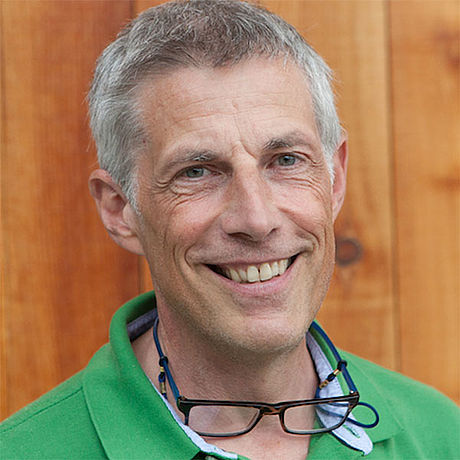
Bastien Chopard received a PhD in theoretical physics from the University of Geneva before undertaking postdoctoral studies at MIT and the Jülich Supercomputing Centre. He is now full professor in the computer science department at the University of Geneva, and a member of the Swiss Institute of Bioinformatics. His research interests are the modeling and simulation of complex systems, cellular automata and lattice Boltzmann methods, multiscale applications, as well as parallel computing and HPC. He has published over 200 articles, and has received research grants from the Swiss National Science Foundation, FP6-FP7-H2020 European projects, private and industry sources.
Sinéad Ryan
Trinity College Dublin, Ireland
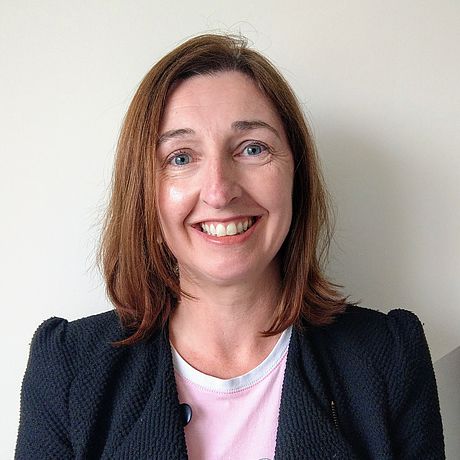
Sinéad Ryan is Chair of Theoretical High Energy Physics at Trinity College Dublin. Her research focus is the numerical simulation of quantum chromodynamics, the theory of the strong nuclear force, in an approach known as lattice QCD. A particular interest of hers is understanding strong exotic matter and the physics of the early universe. Sinéad's research is supported by grants from the EU and national funding agencies and enabled at leadership HPC resources through the US INCITE and European PRACE programmes. She has served as Chair of the PRACE Scientific Steering Committee and is currently vice-Chair of the EuroHPC Infrastructure Advisory Group.
Plenary Speakers
Keynote Presentations
The program includes keynotes from Vivien Kendon (Durham University) on the prospects and challenges of quantum computing and Jeronimo Castrillon (TU Dresden) on domain specific languages for heterogeneous and emerging computer architectures. The public lecture will be given by Dalia Conde (University of Southern Denmark and Species360) on the use of machine learning, big data and exascale computing for tackling biodiversity loss.
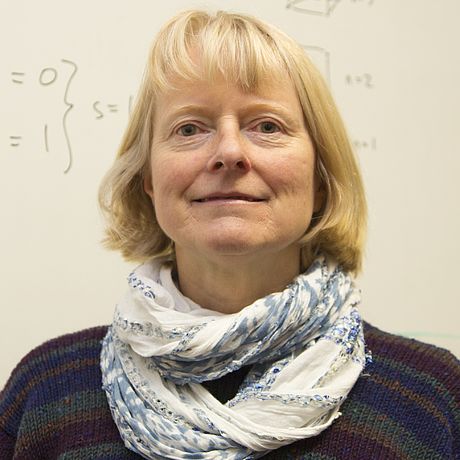
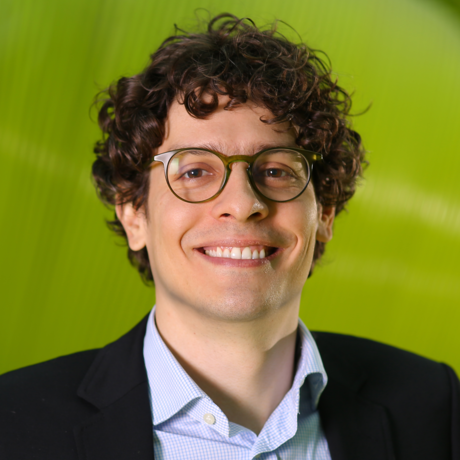
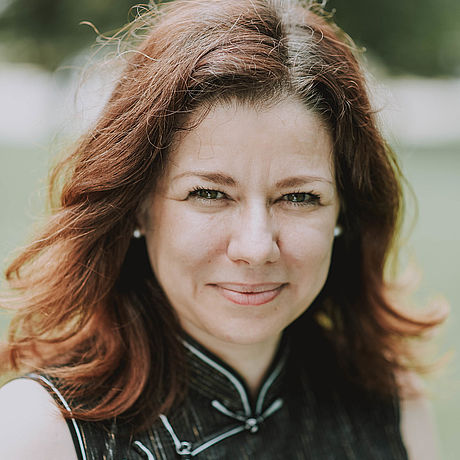
Interdisciplinary Dialogue
Physics and Biology will be the topics of conversation in an interdisciplinary dialogue between Peter Coveney (University College London) and Erik Lindahl (Stockholm University).
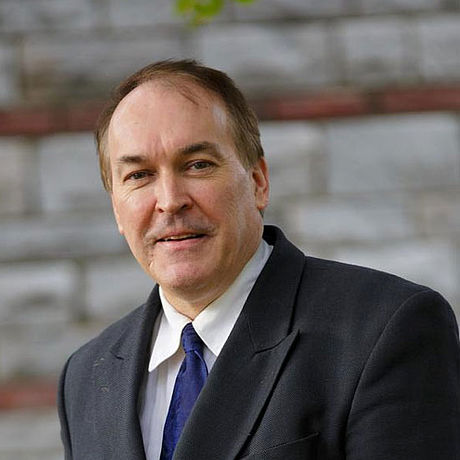
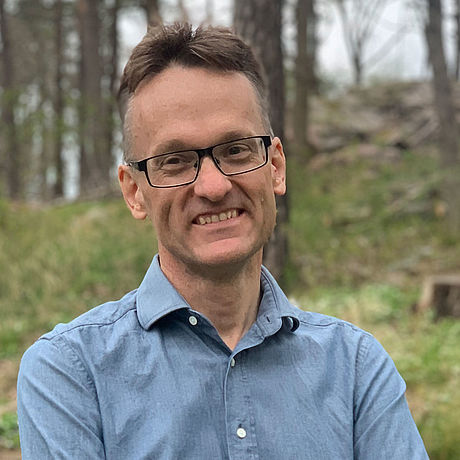
Panel Discussion
The theme of the conference "New Challenges, New Computing Paradigms" will be explored in a panel session "Learning Versus Understanding: Is AI a Definitive Game Changer in Science?" with artificial intelligence and high-performance computing thought leaders from the US and Europe.
Moderator
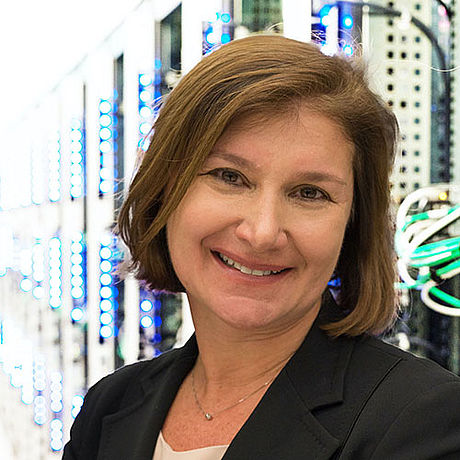
Panelists
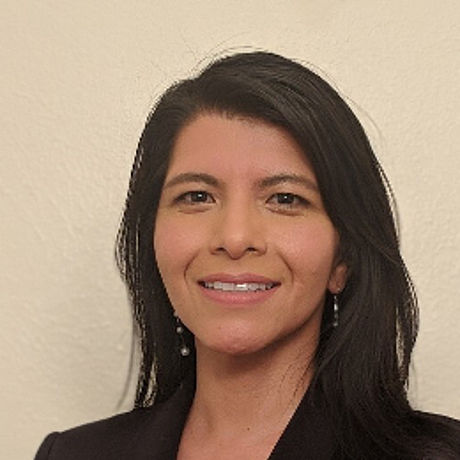
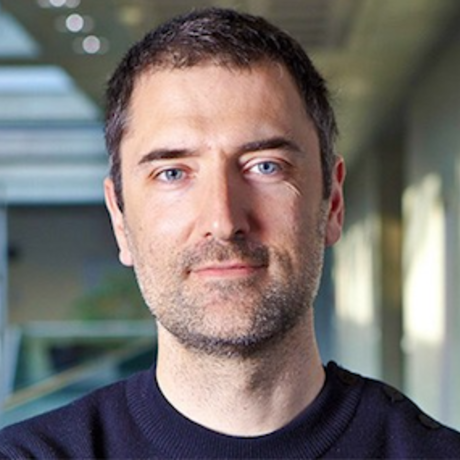
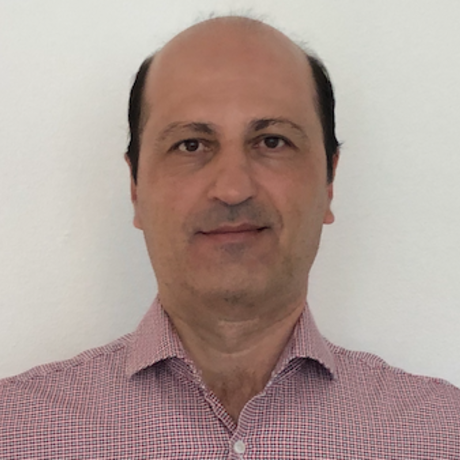
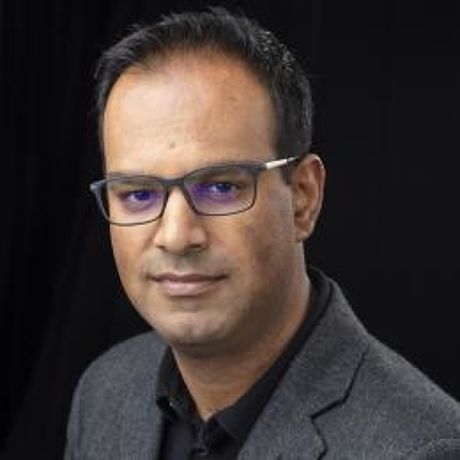
© canadastock / Shutterstock.com
Subscribe to newsletter
Contact
For questions about the Conference, please contact:
info@pasc-conference.org




